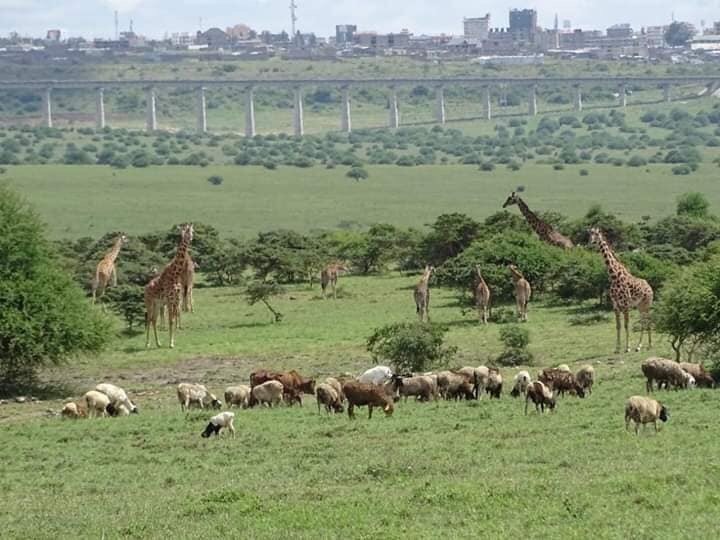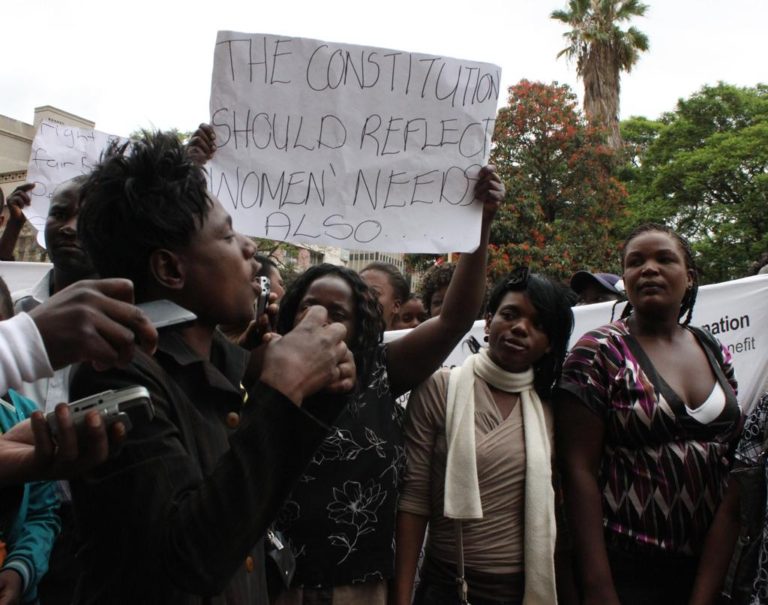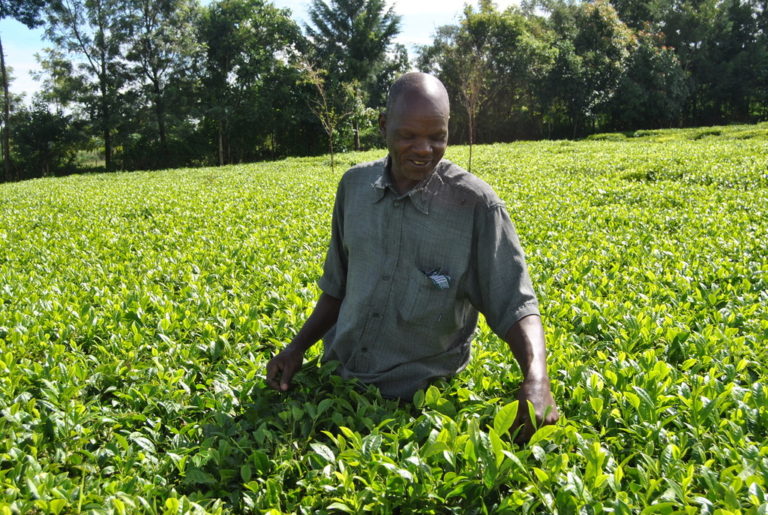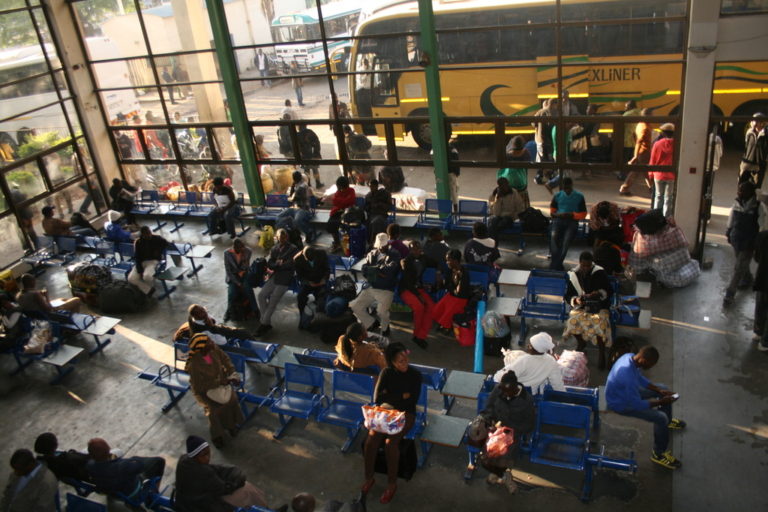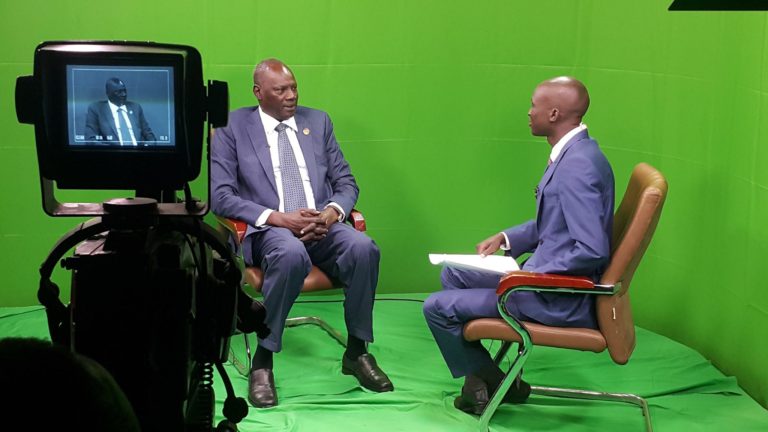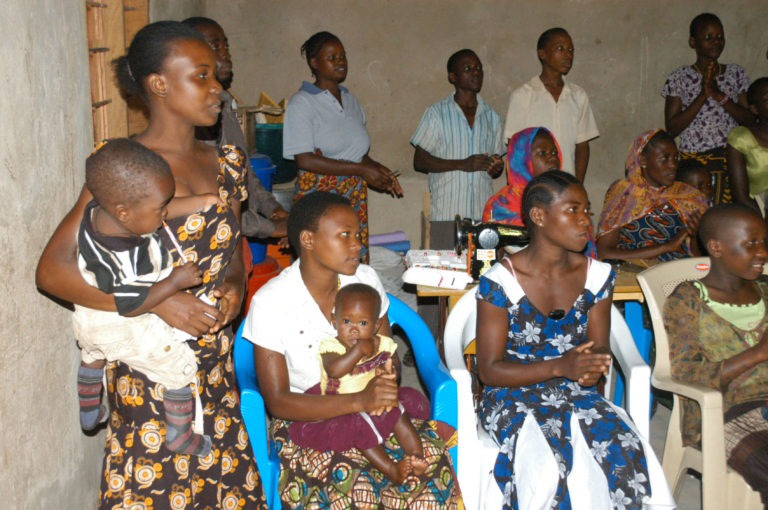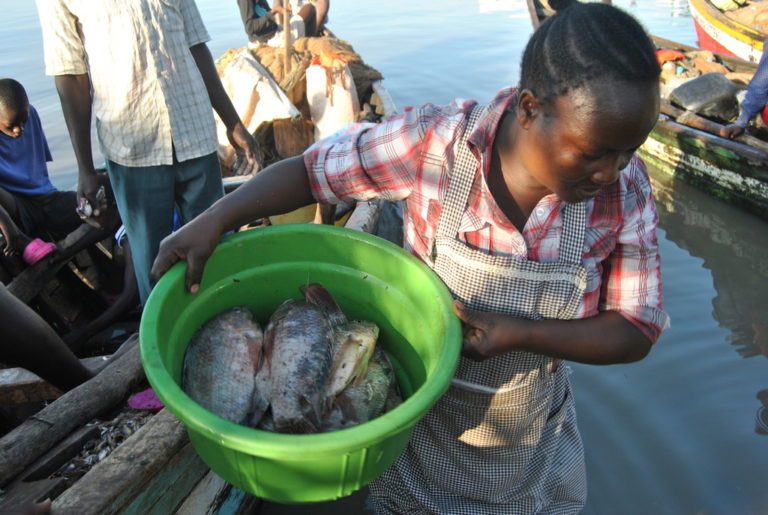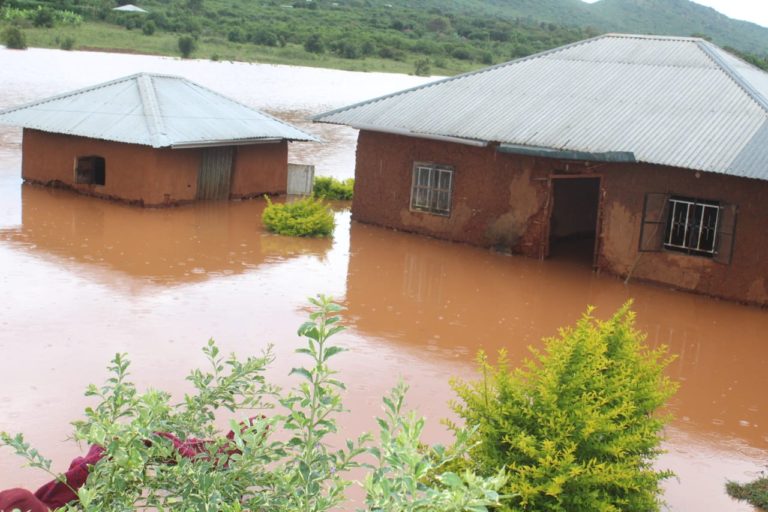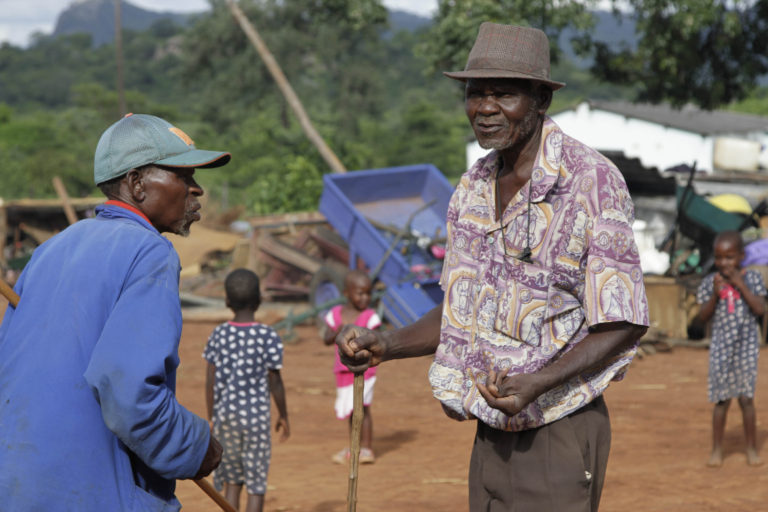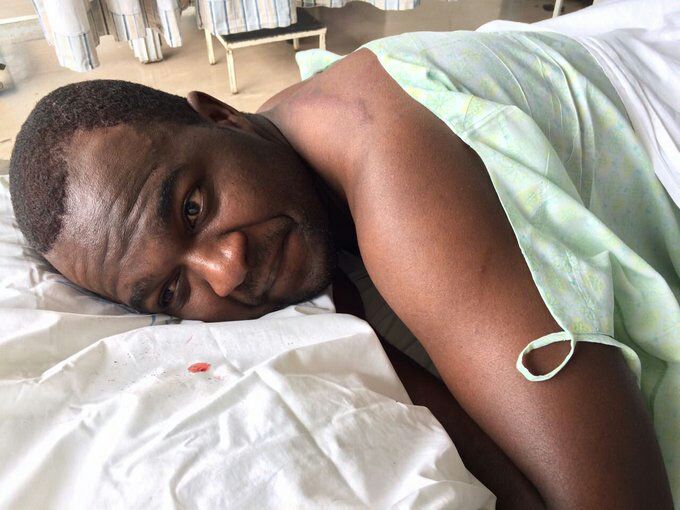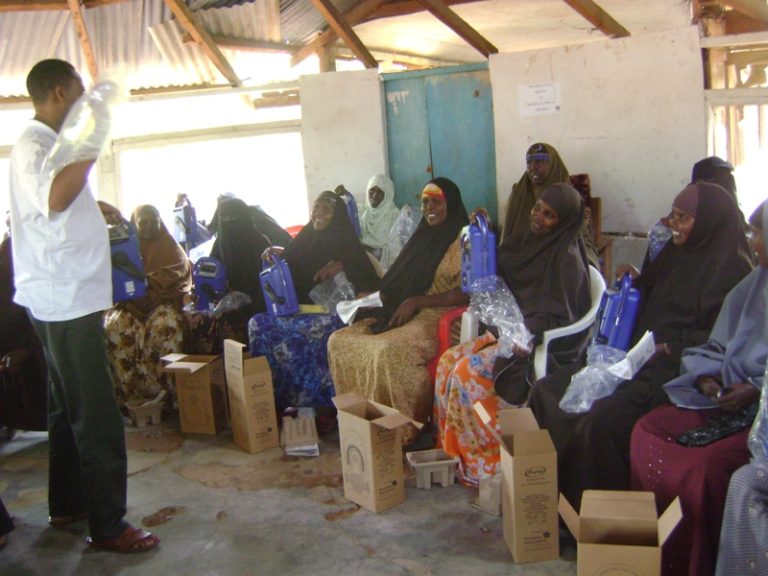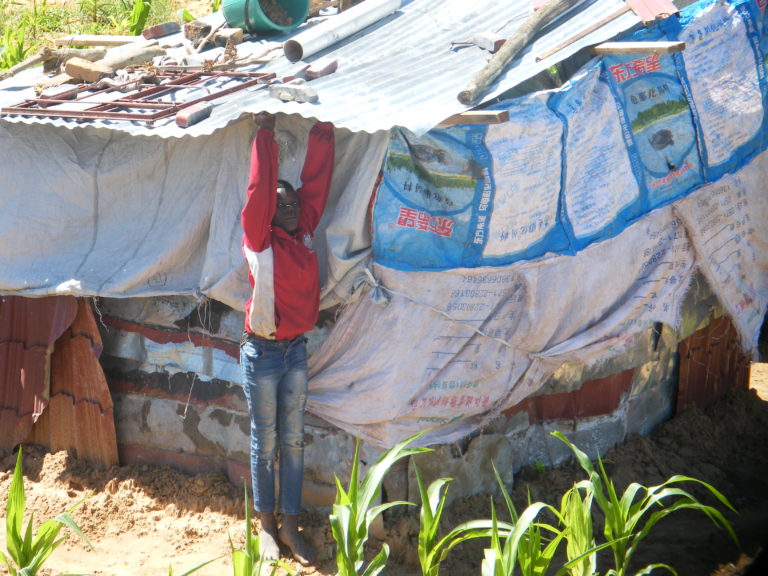In the past decades, the Nairobi National Park has not missed accompanying the word ‘encroachment’ in one sentence. This has always been the case of activists and environmentalists seeking to conserve the city’s jewel.
The Park is situated just across the city and is the only one in the world that shares a fence with a capital city, Nairobi. It is only five minutes away from the Nairobi Central Business District (CBD). But the tourist attraction that hosts a number of wildlife is now under threat by its own manager, the Kenya Wildlife Service (KWS). The Service is planning to construct an eco-lodge and a high-end restaurant inside the park as a part of its 10-year management plan for the Park.

The Park, which was set up by British colonialists in the 1940s is now under immense pressure from all development sectors including roads, railways, factories and lately, housing infrastructure. And just like many other countries in Africa, Kenya is now faced with very tough choices between development and conservation as it races against time to keep up with the fast-growing city population and be able to provide for it.
But, the development side has always rubbed shoulders with conservation activists the wrong way. In 2016, they contested the government’s decision to construct the standard gauge railway (SGR) that cuts across the Park.
Two years later in 2018, the Kenya Railways Corporation also constructed a 4-kilometer road connecting the Inland Container Depot (IDC) to the Southern Bypass that had also encroached the Park as it was constructed to divert motorists, especially heavy trucks from the city as they transport cargo from Mombasa towards western parts of the country and into neighboring Uganda. The road hived about 20-acres off the 28,860-acre park.

In its 10-year draft plan for the Nairobi National Park, the Kenya Wildlife Service is proposing a number of development projects inside the park. Among these projects will be the fencing of the Park and also some construction that is set to take place, among which will be a high-end hotel inside the park.
This plan has caused an uproar among environmental activists, with some calling for proper stakeholder involvement in the plan, while others oppose the plan entirely. As a result, the Ministry of Tourism and Wildlife directed the Kenya Wildlife Service to give more time up to the end of June for the review of the plan.
“The public participation shall be extended for the public to raise their concerns or support, so that analyses and improvement of the plan can be undertaken for public interest,” read part of the Ministry’s press statement dated April 21.

Brian Waswala, an environmental science lecturer at Maasai Mara University in southern Kenya says that the move will undermine conservation efforts.
“If I was a key decision-maker, I will not allow construction of the said hotel inside Nairobi National Park. My opinion is that making such a move will undermine the country’s efforts in the conservation of both Flora and Fauna. Kenya Wildlife Service role is to manage our animals and plants, and protect their territories from human interference,” he says.
However, environmentalists and activists in the country are expressing their concerns about the Park that they say has already been too encroached by human activities within the city. Initially, animals would freely move from the Mount Kenya region in central Kenya, through the Park and into the Mara Triangle in southern Kenya, all the way to Serengeti National Park in Tanzania. This is no longer the case as the city sprouted and the Park was fenced off, restricting movement of the animals.

There have been human-animal conflicts as a result. Sometimes people in nearby estates in Nairobi wake up to roaming lions as they go to work in Nairobi. Recently, residents were scared by an African rock python in Langata estate that shares a fence with the Park.
If the management plan was to be implemented and the planned constructions inside the Park continue, this will set a bad precedent. Activists say that this will allow many other future leaders to follow suit and do the same if one of them was to go forward and interfere with the green spaces without being questioned.
Patricia Kombo, a Nairobi-based environmentalist and founder of PaTree Initiative says that constructions inside the Park would lead to the loss of natural habitat for some plant and animal species that are already facing threats and are endangered. “This will open up the Park for pollution, depletion of resources such as water and also to noise pollution. The Park has been battling with threats such as the SGR in 2016 where some acres were used to construct the railway line. Our parks are too precious to be lost and our animals need a safe and livable place,” she says.

There is also a need to have the park sustained for future generations and environmentalists say that this is a responsibility that all have for our children and their children.
“Ecological integrity is very important to the future. KWS should work hard to secure it, not frustrate it. The park having experienced brutal abuse does not need another beating. Wildlife territories should be as pristine as possible for future generations, for all to benefit from, not just a few,” Waswala says.

Josphat Ngonyo, the CEO of Africa Network for Animal Welfare (ANAW) also says that every person has this responsibility with them. “We cannot afford to let Nairobi National Park go, that will be the worst mistake ever that we will not be forgiven by our children and children’s children,” he says.
Reinhard Bonke, an environmental and conservation activist and coordinator for the lobby group, Friend for Nairobi National Park (FoNNaP), says that the plan not only has a hotel to be constructed but several other infrastructures that will have a negative impact on the plant and animal life in the Park.
“We had a meeting with the Cabinet Secretary, and they gave us a plan and it was very clear that these guys were in the advanced stages of doing all the construction; they call it Upgrading Nairobi National Park. Some of the details presented to us which by then we were warned not to share out to the public in almost like a threat, they want to build an amphitheater, a high-end hotel, in the forest area, which is the black rhino breeding site; and you know NNP is the only highly endangered black rhino sanctuary in East and Central Africa. They also want to build the Director General’s house; I think a Ksh50 million house which will have a swimming pool and all that. They will also build a restaurant at hippo pool; there is a lot of heavy infrastructure,” Bonke explains.

“Allowing the project to go ahead will not only damage the reputation of KWS but will also open a door to cartels finding a way to our parks (not only NNP) and by the end we will become unsustainable. The trend will go on everywhere and this is seen in some parks and reserves, where encroachment is rife. We need our parks, reserves to be as natural as possible unless we want to retain them as zoos which I believe will not serve the purpose that a National Park does,” Waswala concludes.

